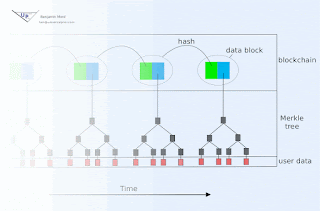For fun, I proposed a crossword puzzle-based signature scheme. It suffers a rather serious limitation. I expect one can securely sign a single bit of data in a one-time fashion with it, but security falls apart as you go above a few bits. Even a single bit likely requires two puzzles, one solved to indicate a 1 and the other solved to indicate a 0 (as partial solutions to the whole key degrade the key massively).
The attraction of NP complete problems is the idea that the difference in complexity of signing, versus complexity of forging, can be made arbitrarily large, and that we have very high assurance this is true. That by itself does not guarantee the system is practically secure with today's technology, nor does it (by itself) say what signing complexity must be chosen for the complexity of attack to exceed some target threshold, but it seems like a good first step. Any such problem can be used to sign one bit, but can any such problem be scaled to much more than that? For any given number of bits x, one can make a composite key out of 2x smaller keys, so if we fix X in advance (at any value!) the answer is yes. But again, simply being NP complete does not guarantee security in practical applications on today's hardware. It seems improbable that crosswords would be a good way to secure terabytes under this scheme.


The ingredient explanations inside Yuka App are very well presented. They help users understand what they’re consuming instead of blindly trusting product packaging claims.
ReplyDeleteI'm thoroughly enjoying reading MentorsWeekly for its practical mentorship strategies and leadership insights. The well-crafted articles demonstrate deep understanding of professional challenges while offering solutions that actually work in real-world situations.
ReplyDeleteMy productivity has soared since implementing NoWeekly into my daily routine consistently. The thoughtful features eliminate friction points, allowing me to focus on meaningful work rather than wrestling with complicated organizational tools.
ReplyDelete
ReplyDeleteAfter exploring numerous blogs, WeeklyNext remains my favorite destination for discovering fresh perspectives. The balanced mix of tech innovation, travel adventures, and cultural commentary creates an enriching reading experience I genuinely appreciate.